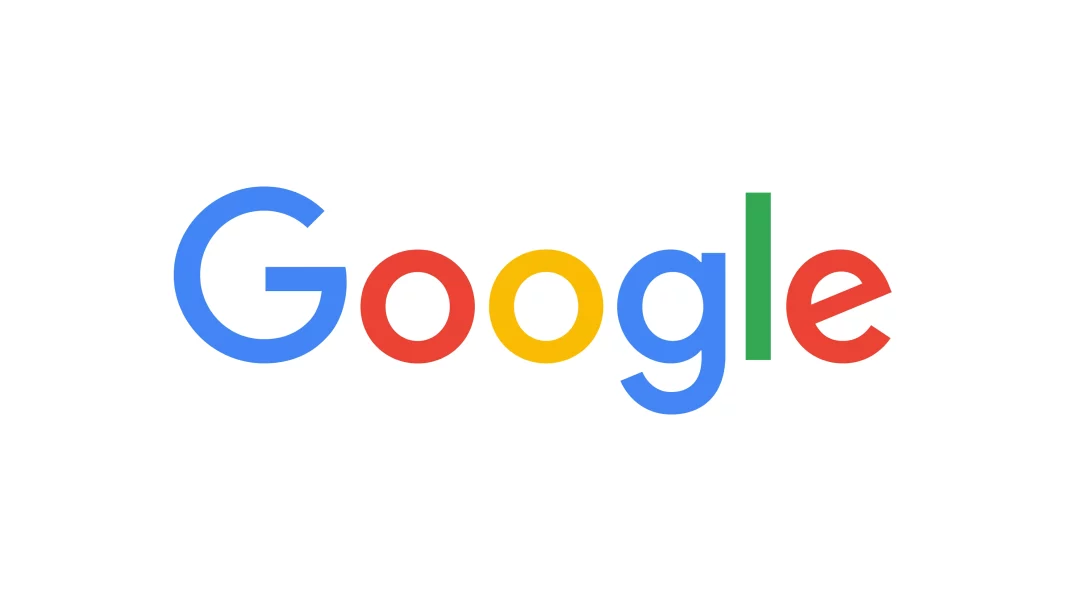In court on Friday, Google and the US Justice Department clashed over accusations that Google’s Alphabet unit engaged in unlawful practices to dominate search advertising. The closing arguments in this case, which the government believes could have a significant impact on the future of the internet, saw District Judge Amit Mehta questioning both sides on whether platforms like TikTok by ByteDance and Facebook and Instagram by Meta are viable alternatives for advertisers.
Judge Mehta emphasized the importance of determining platform substitutability for advertisers and is now preparing to make a critical decision in the coming months on whether Google’s actions violated antitrust laws.
The US government’s counsel, David Dahlquist, argued that Google’s monopoly power is driven by advertising revenue, constituting about three-quarters of its total revenue. Dahlquist contended that Google lacks real market pressure, allowing it to increase prices or reduce product quality while still making profits—an advantage only a monopolist would have.
Google’s counsel, John Schmidtlein, countered by highlighting that Google’s share of US digital advertising revenue has actually declined over time. He pointed out the advertising strength of competing platforms like TikTok, Facebook, Instagram, and Amazon, suggesting that Google faces competition from platforms where advertisers can reach overlapping audiences.
Schmidtlein also emphasized Google’s continuous innovation in search advertising products, questioning why a supposed monopolist would invest in product improvement if it could simply raise prices.
The Justice Department has consistently argued that Google, as a monopolist, abused its power to increase profits. The trial has featured witnesses from Verizon, Samsung Electronics (maker of Android), and Google itself, discussing annual payments Google makes to secure default search engine status on smartphones and browsers.
Judge Mehta was set to address the government’s claim that Google intentionally deleted internal documents relevant to the case. Google has defended its data preservation practices as reasonable and urged the court not to sanction the company.
The court is not expected to issue an immediate ruling at the conclusion of the arguments.
This case, initiated during the Trump administration, is part of broader efforts to regulate the market power of major tech companies, with additional cases brought against Meta (Facebook), Amazon, and Apple under President Biden’s administration.




